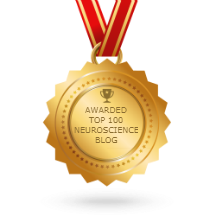-
17
Nov
The vestibular system is responsible for the body’s “sixth sense” – it detects (along with vision and proprioception) spatial orientation and maintains body equilibrium. If the vestibular system is damaged, patients may experience dizziness, vertigo, or inability to stand up in severe cases.
The CLONS project is developing a sensory prosthesis for patients with vestibular damage or disorders. It includes both animal and eventually human research. CLONS is funded by the EU under the ‘Future and Emerging Technologies Open Scheme’. The PhD student position at ETH Zurich will include modeling, identification of neural dynamics, optimization of stimulation patterns to restore vestibular function, and design of control algorithms.
Ideal applicants should have knowledge in one or several of the following subjects: neural engineering, machine learning, neuroscience, signal processing, or biomedical engineering. Experimental skills are also helpful. Applicant must be capable of both independent research and working within a team. Additionally, the applicant should be proficient in English.
Most research will be carried out in the Neuroprosthesis Control Group of the Automatic Control Laboratory at ETH Zurich. Additionally, there will likely be prosthetic testing at the Massachusetts Ear and Eye Infirmary of Harvard Medical School.
Interested candidates are asked to email their Curriculum Vitae, a list of courses taken and grades obtained, a statement of objectives and research interests (1-2 pages), and contact information of three references to digiovanna(at)control(dot)ee(dot)ethz(dot)ch. Application deadline is December 4, 2009. Position available from January 2010.
- Published by Dimitrios A. Adamos in: Jobs
- RSS feed subscription!

 Neurobot via RSS
Neurobot via RSS
